-
285 tombs during Sixteen Kingdoms period discovered in Xi'an
2024-01-12The Xi'an Institute for the Protection of Cultural Heritage revealed on Jan 9 that since 2021, the institute has excavated one burial site at the Beicheng village cemetery in Airport New City of Xixian New Area,.
-
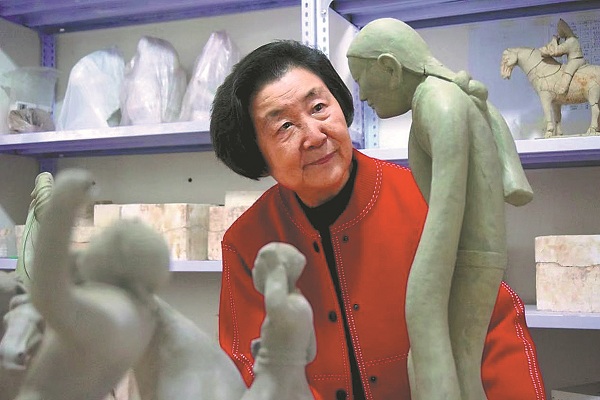
Terracotta artist rekindles lost light on ancient skills
2024-01-10The creator of the world's first life-size Terracotta Warrior replica in 1979 is as passionate as ever about historical sculpture today as she was over 40 years ago.
-
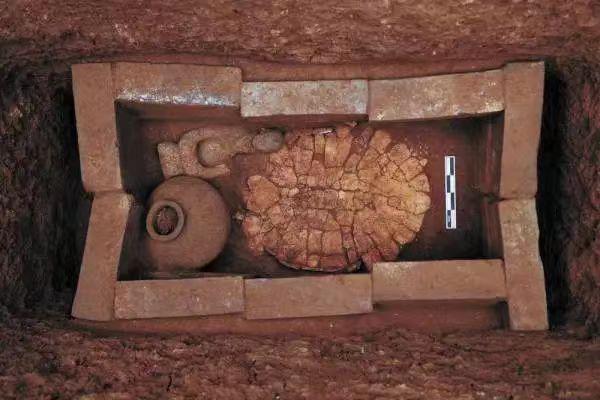
Archaeology magazine names tomb in Xi'an top discovery of 2023
2023-12-07Archaeology magazine chose to include the remains of more than 400 sacrificed animals in their list of top 10 discoveries of 2023.
-
Key concept of math may have emerged first in China
2023-11-24The discovery of ancient counting rods made of ivory suggests that the Chinese may have been the first in the world to conceive of negative and positive numbers — 800 years earlier than India.
-
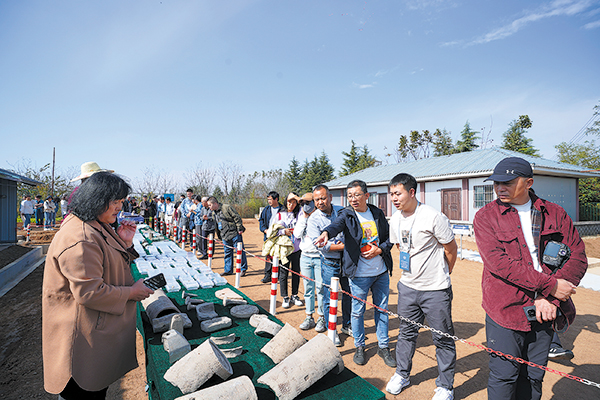
Shaanxi hosts historical gathering
2023-11-16In 2021, archaeologists found pottery pieces inscribed with the words bei tian si (Beitian Temple) at the ruins of Beiting city, a political, military and trade center along the ancient Silk Road.
-
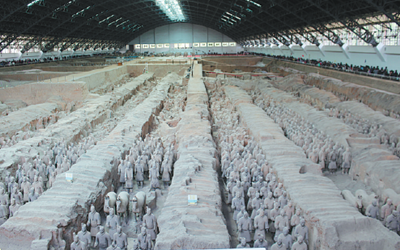
Archaeologists uncover rare sheep-drawn carriage in Xi'an
2023-10-27A rare sheep-drawn chariot was excavated at the western tomb of Emperor Qinshihuang's Mausoleum site recently in Xi'an, Shaanxi province, which helps further research on ancient Chinese vehicles.
-
Archaeologists call for deeper intl cooperation
2023-10-24Amid calls for deeper international cooperation in the field of archaeology and contribution toward building a community with a shared future for mankind, the 4th Chinese Archaeology Congress began in Xi'an.
-
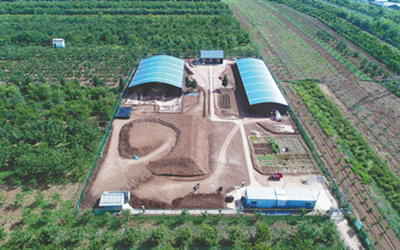
Imperial sacrifices reveal intriguing facts
2023-09-07Early in August, a hashtag about panda remains found in Xi'an, Shaanxi province in one of the sacrificial pits dug for Emperor Wen of the Han Dynasty (206 BC-AD 220) went viral on Sina Weibo.